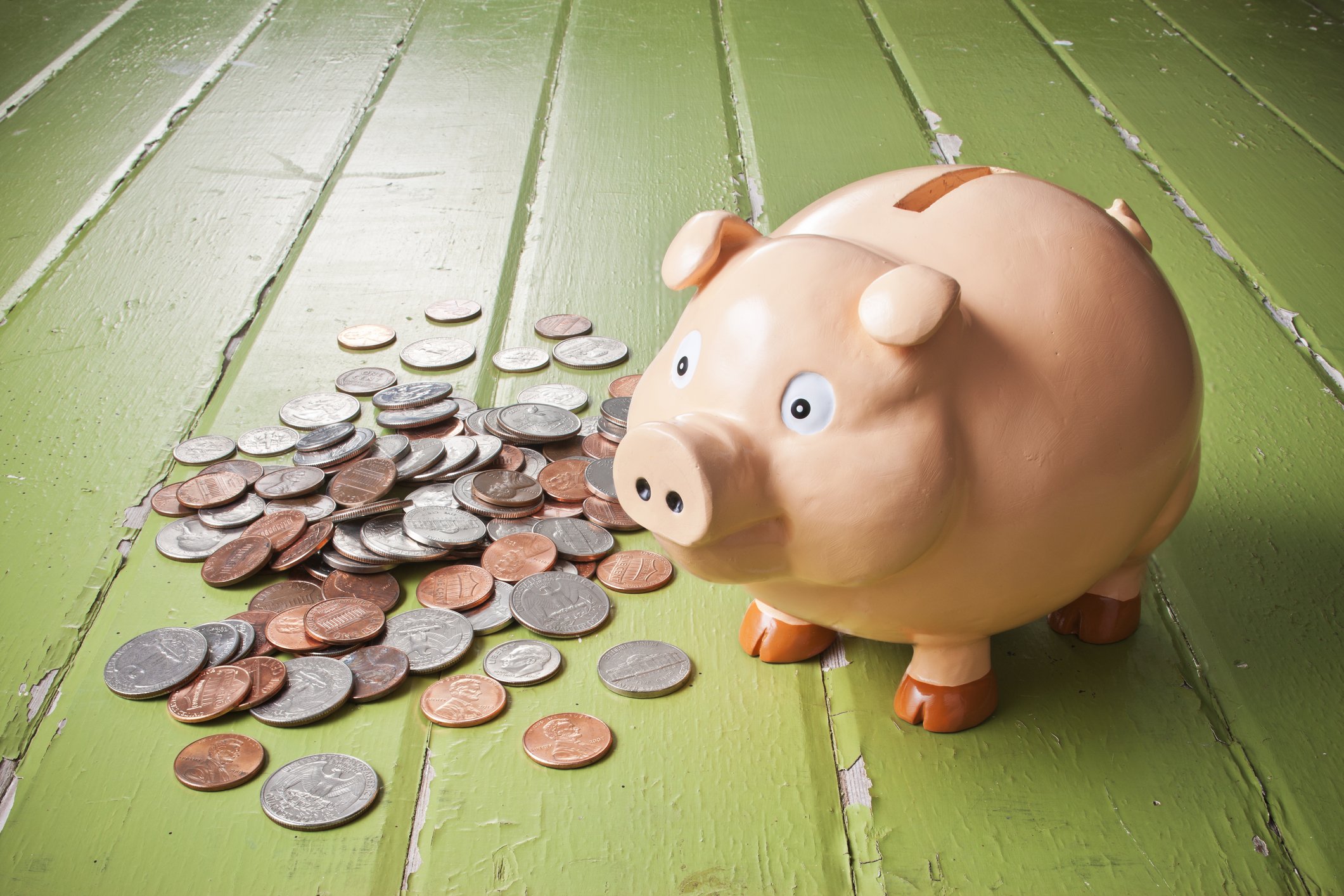Set a Financial Goal, Boost Your Confidence
Introduction: Money and Mindset Go Hand-in-Hand
Ever noticed how saving money—even just a little—makes you feel in control? Like you're doing something right? That’s not a coincidence. Setting financial goals isn’t just about the numbers; it’s a way to take charge of your future and build real self-confidence.
Whether you’re saving up for a new phone, budgeting for a trip, or trying to stop overspending, learning how to manage your money can give you a powerful boost in how you feel about yourself.
Let’s dive into how it works—and how you can start building both your savings and your self-belief starting today.
Why Setting Financial Goals Really Matters
A financial goal is simply a target you set for how you want to manage, save, or grow your money. It can be:
Short-term: Saving £50 for concert tickets
Medium-term: Buying a bike or upgrading your phone
Long-term: Starting a side hustle to save for college or travel
Setting goals helps you stay focused and disciplined—two things that spill over into every part of life, from school to social situations.
But here’s the real kicker: Every time you make progress toward a goal, your confidence grows.
“When teens set and achieve financial goals, they’re not just learning about money—they’re developing real-world confidence that sets the stage for success in every part of life.”
How Financial Progress Builds Confidence
This is where the magic happens. Achieving small financial wins sends a message to your brain: “I’ve got this.”
Here’s why:
Every time you make a good money decision, your brain releases dopamine—the same feel-good chemical you get from success or praise.
Sticking to a budget or reaching a savings goal builds self-efficacy—a belief that you can influence outcomes in your life.
With every step forward, your sense of independence and control grows.
Over time, you don’t just feel better about your money—you feel better about yourself.
The Confidence Compound Effect™
Let’s introduce a concept we’ll call The Confidence Compound Effect™.
It works like this:
Small Financial Wins → Bigger Belief in Yourself → Bigger Life Wins
Just like saving money compounds over time, so does confidence. One small goal achieved leads to more belief. That belief fuels new actions. And those actions lead to even bigger successes—financial or otherwise.
Start with something simple. Get one win. Then watch what happens.
How to Set a Financial Goal (Step-by-Step)
Here’s your 5-step roadmap to setting and smashing your first (or next) financial goal:
1. Choose a Motivating Goal
Pick something you genuinely want. Not what others expect—your goal.
Examples:
Save £5 a week for a month
Put aside £100 for a birthday gift
Pay off what you owe your parents
2. Break It Down
If your goal is to save £60 in 2 months, that’s just £7.50 a week. Breaking it down makes it less overwhelming.
3. Set a Timeline
Having a deadline gives your goal structure and urgency. Try setting a 30-day or 60-day challenge.
4. Track Your Progress
Use apps like Monzo, Revolut, or Emma—or go old-school with a notebook or goal jar. Seeing progress is fuel for motivation.
5. Celebrate Every Step
Confidence isn’t built in one go—it’s built with consistency. Celebrate each milestone, even if it’s small.
Common Roadblocks (and How to Beat Them)
1. Impulse Spending?
→ Create a 24-hour rule: wait a day before buying anything over £10.
2. No Motivation?
→ Make your goal visual. Print a photo of what you’re saving for and put it where you’ll see it daily.
3. No Income?
→ Try small side hustles: sell clothes on Vinted, do surveys, pet-sit, or tutor a friend.
4. Feel Like It’s Not Enough?
→ Remember: it’s not the amount—it’s the habit you’re building.
Real-Life Confidence in Action
Jess, 16, wanted to buy a refurbished iPhone. She set a goal to save £10 a week from babysitting and cut back on takeaways. In 3 months, she saved £130—enough to buy the phone and feel proud every time she used it.
“It wasn’t just about the phone,” she says. “I felt like I could actually make things happen.”
Beyond the Wallet: Confidence That Spreads
When you prove to yourself that you can manage money, you unlock confidence that spreads to:
Job interviews (you’re more organised)
Schoolwork (you’re more focused)
Friendships and relationships (you feel secure in yourself)
Mental health (reduced anxiety around money = calmer headspace)
Building financial skills is like strength training for your self-esteem.
Final Thought
Confidence doesn’t come from talking about it—it comes from doing. Setting a small financial goal and reaching it gives you proof that you’re capable, responsible, and powerful.
You don’t need to have loads of money to build confidence.
You just need a plan, some patience, and one small win to start the cycle.
FAQ’s
-
Start small: save £1 a day for 30 days or cut out one spending habit a week. The key is to build momentum.
-
It gives you a sense of control and shows you can follow through—two traits that build trust in yourself.
-
Yes! Try no-spend challenges, track what you would’ve spent, or start finding small ways to earn (selling, chores, surveys).
-
Apps like Emma, Revolut, Monzo, or even a printed savings tracker can help you stay motivated.
-
Often, within a week or two of sticking to your goal! Confidence builds fast when you see progress.


